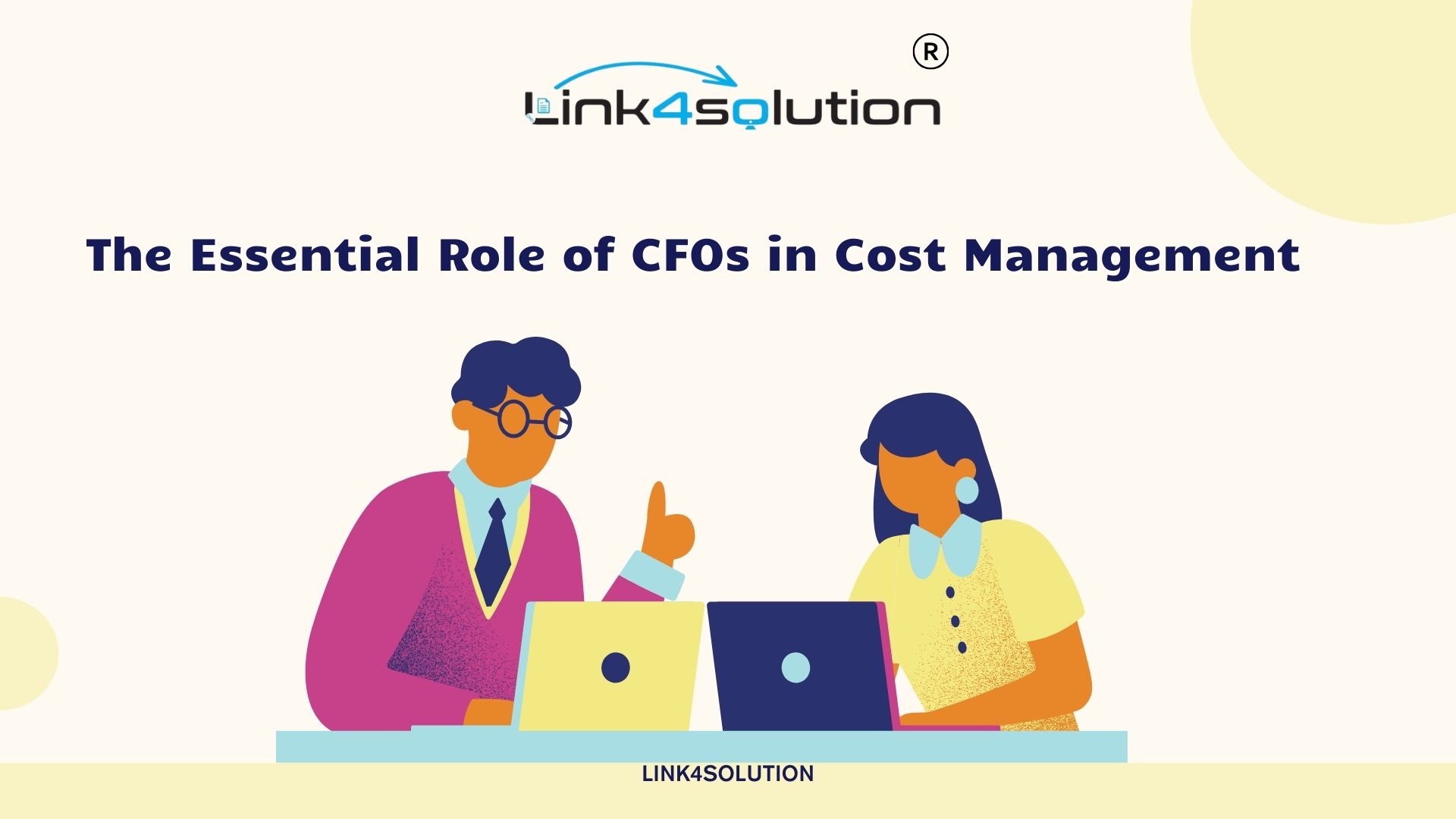In the competitive realm of business, where profit margins are slim, pursuing profits is more than a financial objective—it’s a strategic imperative. As companies wade through the complexities of global markets, the Chief Financial Officer (CFO) emerges as a pivotal figure in steering financial excellence. In this dynamic environment, every decision can significantly impact an organization, placing the CFO’s role at the heart of financial strategy and operational efficiency.
Profitability transcends mere revenue numbers; it’s a delicate balance of reducing costs, enhancing efficiency, and forecasting financial trends. This article delves into the nuances of this balancing act, highlighting the indispensable nature of CFO services in orchestrating financial success. We will explore the evolution of CFO roles from mere number crunchers to strategic visionaries, emphasizing their pivotal role in effective cost management.
*The Evolving Role of CFOs*
Gone are the days when chief financial officers were confined to number crunching. Today, CFOs are strategic architects, extending their influence beyond traditional financial oversight to shape organizational strategy. Once viewed as custodians of fiscal prudence, they now play a crucial role as strategic partners at the executive table, impacting decisions that transcend budgetary confines and shape the broader strategic agenda.
*Strategic Approaches to Cost Management*
In the intricate dance of financial management, CFOs orchestrate a suite of cost-reduction strategies to fortify the company’s financial health. This involves meticulous budgeting, strategic expense management, and proactive risk mitigation:
– *Budgeting with Precision*: CFOs leverage historical data and market trends to craft budgets that align with organizational goals, ensuring resources are allocated effectively to drive financial performance.
– *Strategic Expense Management*: Through careful analysis of all spending facets, CFOs identify savings opportunities, often aided by technological innovations that streamline processes and reduce errors.
– *Proactive Risk Management*: By anticipating and mitigating financial risks, CFOs ensure the organization is prepared for volatility, utilizing scenario planning and market analysis to safeguard financial stability.
*Technological Innovations in Cost Management*
CFOs are at the forefront of integrating technology into financial management, using tools like data analytics, artificial intelligence (AI), and automation to enhance decision-making and operational efficiency:
– *Data Analytics*: Transforming complex financial data into actionable insights, CFOs use analytics to identify cost optimization and investment opportunities.
– *AI in Predictive Cost Modeling*: AI algorithms help CFOs anticipate future costs and identify savings, keeping the organization ahead in financial planning.
– *Automation*: Streamlining repetitive financial tasks, automation frees up valuable resources, uncovering new cost-saving avenues.
*Risk Management and Contingency Planning*
For CFOs, risk management is foundational to effective cost control, with comprehensive planning ensuring the organization can navigate financial uncertainties with confidence:
– *Navigating Risks*: Through detailed risk assessments, CFOs identify potential financial threats and devise strategies to mitigate their impact, preserving the company’s fiscal health.
– *Developing Contingency Plans*: CFOs prepare for unforeseen events with robust contingency plans, enabling swift and effective responses to protect the organization’s financial interests.
*Conclusion*
CFOs are the unsung heroes in the intricate ballet of business, masterfully coordinating cost control measures to achieve sustainable profitability. They are not just financial stewards but creators of organizational wealth, adapting to the dynamic business landscape to secure long-term financial success.




